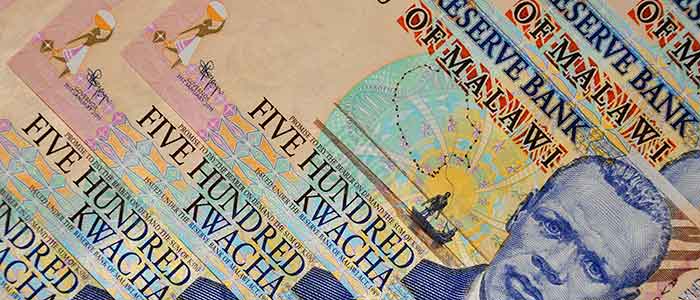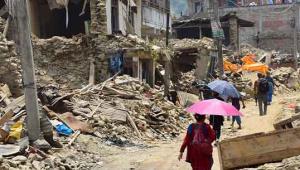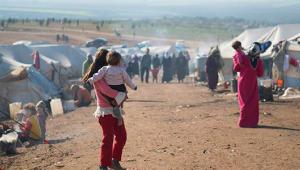Web_MalawiMoney_iStock_000027136172_Large.jpg

Malawi currency
Dubbed ‘Cashgate’, the scandal was one of the biggest in Malawi’s history. The extent of the looting of Malawi’s government coffers prompted numerous donors to suspend their aid directly to the country’s public finances, which had funded around 40% of the budget annually.
Since then, the country has been working to tackle the subsequent revenue crisis and win back donor confidence with public financial management and anti-corruption reforms. But so far only the International Monetary Fund – and now the bank – have resumed direct budget support.
The bank approved $80m worth of budget support for the country yesterday – its first in four years.
Goodall Gondwe, Malawi’s minister of finance, who has played a leading role in efforts to rebuild donor trust, said the government was grateful to the bank for the “vote of confidence”.
“The Malawi government is committed to ‘breaking the cycle’ of vulnerability in Malawi, by making the necessary reforms that will lead to a more resilient and private sector-orientated agricultural sector, and by rebuilding our public financial management systems,” he said.
“We recognise that there is still a long way to go.”
As well as the loss of a key revenue stream, Malawi has had to contend with two years of severe drought that left around 6.7 million people, or 40% of its population, at risk of food insecurity – the worst humanitarian crisis in the country’s history.
Drought also hit the country’s economy hard, with growth falling below 3% in 2016, although the IMF expects that could rebound to as much as 5% this year.
The bank’s support will work via a series of policies and institutional reforms to improve incentives for private sector participation in agriculture and strengthen financial management through more effective expenditure controls and greater transparency.
“Agriculture remains central to the fortunes of Malawi which makes this a potentially high return operation as it will support an emerging reform agenda while acting as a stabilising measure for the economy,” said Laura Kullenberg, World Bank country manager in Malawi.
“The government has taken some very important reform steps and it is critical to maintain momentum and deepen reforms going forward to move Malawi out of the cycle of vulnerability and onto a positive development path.”













